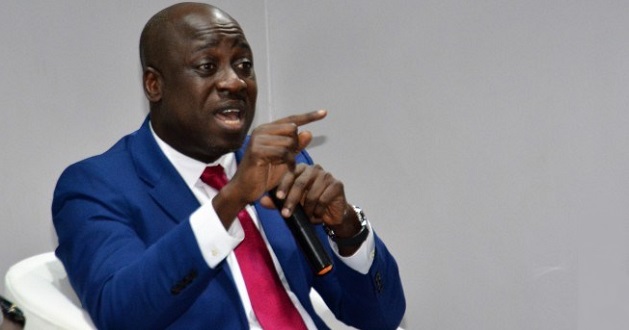The African Democratic Congress (ADC) has cautioned that the National Assembly’s proposal to move the 2027 general elections to November 2026 could undermine governance and plunge the country into a cycle of unending political campaigns.
The opposition party’s warning follows the introduction of the Electoral Act Amendment Bill 2025, which seeks to mandate the Independent National Electoral Commission (INEC) to conduct presidential and governorship elections before 2027. Lawmakers say the proposal aims to ensure that all election petitions are concluded before the May 29, 2027, handover date.
In a statement issued on Tuesday, ADC National Publicity Secretary, Bolaji Abdullahi, described the move as “well-intentioned but potentially damaging,” arguing that it would do more harm than good to Nigeria’s democracy.
Abdullahi warned that advancing the election date by six months would push the nation into “permanent campaign mode,” limit time for effective governance, and derail long-term development plans.
“Elections happening in November 2026 mean campaigns will begin as early as 2025,” he said. “That leaves barely two years of real governance before political noise takes over. The president, ministers, governors, and other public officials will shift focus from performance to positioning. Policies will stall, projects will be abandoned, and governance will grind to a halt.”
He added that even under the current electoral timetable, the ruling All Progressives Congress (APC) had shown how excessive focus on politics often comes at the expense of governance and service delivery.
According to the ADC spokesman, the solution to prolonged election disputes lies not in shortening tenures or rushing the process but in strengthening the judiciary and electoral institutions.
“If the goal is to ensure petitions are concluded before inaugurations, the answer lies in enforcing strict tribunal timelines, reforming electoral laws, and improving institutional capacity,” Abdullahi stated.
He cited countries such as Kenya, Indonesia, Ghana, and South Africa as examples where fixed election calendars coexist with prompt judicial resolution of disputes, adding that Nigeria should learn from their models.
“The amendment we need is one that ensures timely electoral justice through institutional efficiency, not one that alters the election calendar to accommodate inefficiency,” he said.
Abdullahi warned that changing the election date without addressing systemic weaknesses would deepen Nigeria’s governance challenges.
“The people of Nigeria are not just voters; they are citizens who expect good governance as the dividend of democracy,” he said. “Nigeria cannot afford a system that allows government to campaign for two years and govern for two.”
The ADC, therefore, urged lawmakers to drop the proposed amendment and instead focus on comprehensive electoral reforms that strengthen institutions, guarantee credible elections, and ensure timely resolution of disputes without compromising governance.

